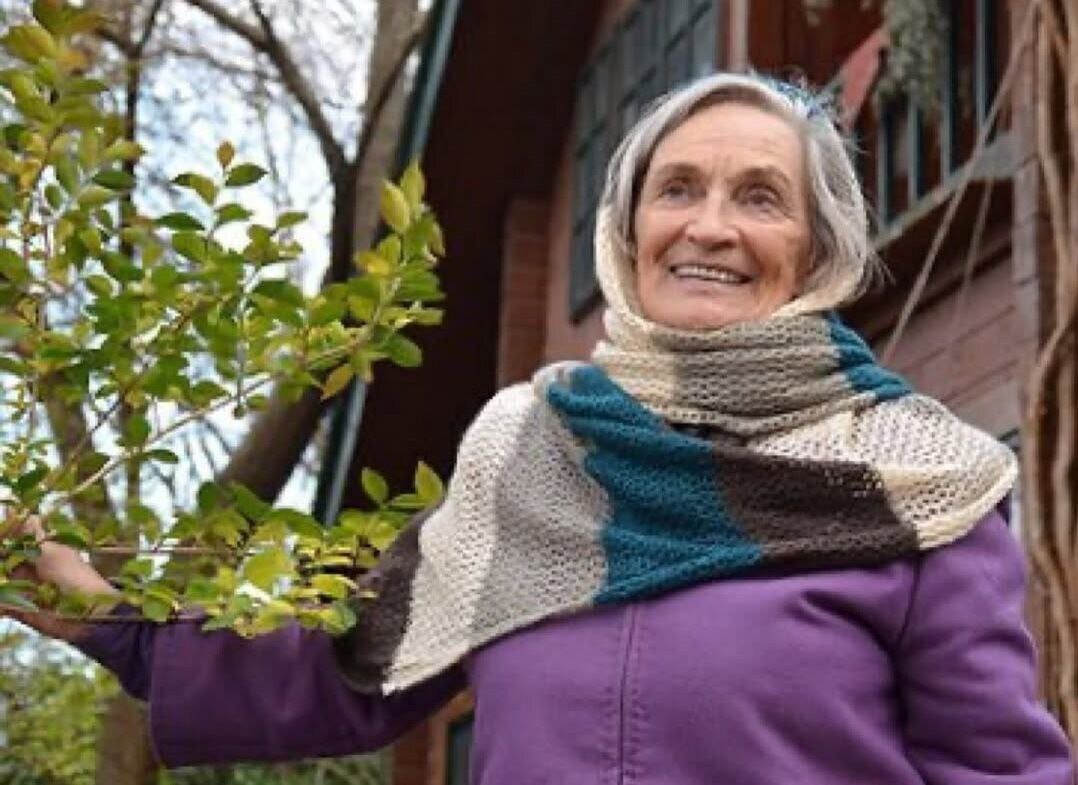Ellen Award proposed to honor ‘the mother of Siberian cranes’

TEHRAN – Iranian environmentalists have proposed establishing a special award in recognition of the dedicated Finnish conservationist Ellen Vuosalo, who made great efforts for over fifty years in the Caspian Sea province of Mazandaran for preserving migratory birds, especially Siberian cranes.
Known as the mother of Siberian cranes, Vuosalo’s extensive and constant efforts made her a well-known and influential figure in preserving migratory birds in Mazandaran.
She was the first researcher to begin studying cranes in Iran. She was invited to attend numerous scientific conferences to present her experiences, and her efforts were always been honored and appreciated during her lifetime and continued to be appreciated even after that, IRNA reported.
Dedicating more than five decades of her life to the protection of these cranes was not motivated by a desire for recognition but by an unrelenting passion for wildlife.
Despite frequent visits to her home country, she always returned to the Fereydun-Kenar wetlands, the final migratory stop for the western population of Siberian Cranes. She supported the formation of Mazandaran Crane Conservation Association.
During all these fifty years, Vuosalo attended the Hariri Scientific Foundation in Babol several times each year, teaching and introducing migratory birds and the Siberian crane to students and all those interested.
In addition to carrying out numerous research and scientific activities on zoology, migratory birds, biotechnology, biochemistry, nanotechnology, and chemistry, Vuosalo also collaborated with several universities in the country, including the University of Mazandaran.
Apart from her scientific activities, she did her best to educate and convince hunters, ranchers, and local communities to stop hunting. Ellen’s work also focused on preserving damgahs—traditional wetland-farming systems in Iran.
These areas, critical for migratory birds, were also a source of livelihood for local communities. She believed that these systems, if managed sustainably, could protect the cranes while supporting local people.
She taught us that conservation is as much about resilience and learning from failure as it is about success. Her life’s work challenges future conservationists to adapt, innovate, and address the deeper systemic issues that threaten biodiversity. In honoring Ellen’s memory, we also honor the lessons she left behind—a call to persist, even when the odds seem insurmountable.
She passed away at the age of 95 in Royan, Mazandaran province, just as the extinction of the species in Iran was confirmed. Her life reminds us that love and determination, while essential, are not sufficient in conservation. The interplay of unpredictable and uncontrollable variables—from climate change to species-specific behaviors—demands adaptive strategies and systemic approaches.
MT/MG
